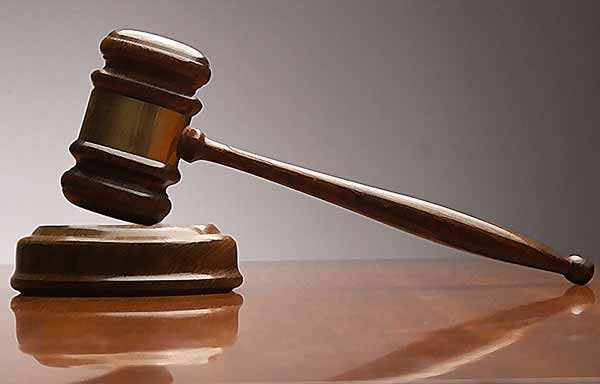
Last week, it was announced that the state Supreme Court of Pennsylvania would discuss whether or not to overturn a law that allows defendants in medical malpractice lawsuits to avoid prosecution based on “error in judgment”. The decision came as Stephen and Nicole Passarello were granted a new trial after their original lawsuit was dismissed because of the defense’s argument that a physician’s error in judgment does not qualify as negligence.
The new decision is based on a 2009 ruling in the case of Pringle v. Rapaport that essentially eliminated error in judgment as a viable excuse for a malpractice lawsuit. Said Judge John T. Bender at the time of that decision:
“‘Under the law physicians are permitted a broad range of judgment in their professional duties and physicians are not liable for errors of judgment unless it’s proven that an error of judgment was the result of negligence…’”
Dr. Rowena Grumbine responded to complaints by the Passarello family that their 2-year old son was not eating and was coughing and vomiting with a diagnosis of gastroesophageal reflux. Their son eventually died in the emergency room from acute viral myocarditis, which is a serious heart disorder.
Grumbine and her counsel have argued that a physician’s judgment will always be subject to error and that overturning this decision would essentially require doctors to be perfect. Grumbine’s representation has also argued that she went above and beyond her call of duty to diagnose the boy; however, the family and its counsel maintain that the error was too egregious to be dismissed as typical.
Source:
Zack Needles, Pittsburgh Post-Gazette. (06/11/2012) “Justices to consider ‘error in judgment’ medical malpractice defense”.
Frequently Asked Questions

If your doctor misdiagnosed AIDS or HIV — either by diagnosing you as negative when you had the disease or as positive when you did not — you or your spouse may have grounds for a medical malpractice lawsuit and a lucrative award. Plaintiffs have won substantial malpractice awards from doctors who misdiagnosed AIDS or
Read More
Proving your doctor violated a “standard of care” is a major hurdle to clear toward winning your medical malpractice case, but it is not all that is required to be awarded damages. You first must prove that your doctor owed you a standard of care to begin with, and you must demonstrate that by violating
Read More